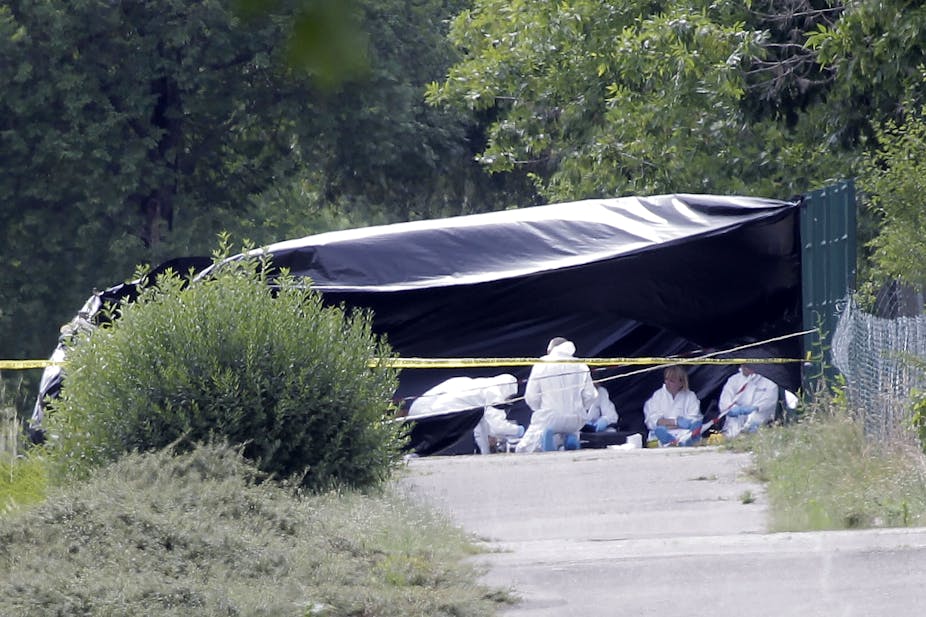We have been witnessing a steady surge of killing in the name of religion. Buddhist monks chasing and burning Muslims in Burma; Christian extremists attacking Muslims in Central African Republic; Sunnis slaughtering their Shi’ia counterparts in a clockwork fashion during Friday prayers across the Islamic world. And now the butchering of innocent civilians in the name of religion in a single calendar day in Tunisia, Kuwait and France.
Killing comes with a purpose. It can be rational. Those engaged in it have a prior knowledge surrounding the outcome. It is this knowledge that motivates them to undertake that specific action.
Killing in the name of religion has a more sustained rational basis than one could ever imagine. It is the ultimate ideological statement. The purpose here is not the satiation of a private desire. It is more communal. The killer, the suicide bomber, or the butcher enacting his act in front of a recording device are all engaged in an act which they perversely believe their community or religion wants them to do. You kill because you think there are plenty of people out there who would celebrate your act of killing.
Perhaps the ultimate metaphor of the 21st century is the parading of the hapless victims on their slow march to slaughter. The radical religious killer slaughters not in isolation but in view of the entire world. The upcoming homicide is carefully choreographed. Then it is plastered across the world.

It is ultimately a statement about power. In a religious conservative’s worldview, all religions are a struggle for power – and the ultimate kind of power is violence. Theirs is not a powerful religion if those who have affirmed their faith in this religion are pushed around. Something needs to be done. That asymmetry needs to be countered and combated. Their religion needs to be seen as powerful. Its power has to be felt. It does not matter if the radical has to kill children at school in one’s own community. One need not distinguish between an enemy soldier and families on a vacation.
The trigger-happy killings that unfolded before our eyes in Tunisia and Kuwait may be described not as an end in themselves, but as a means to achieve multiple ends. Taken together these killings and those that have come before them are a means to self-empowerment and a tag of honour in the face of humiliation.
In a related context, we are witnessing religious radicals’ actions being undertaken by others – such as the 12-year-old suicide bomber in Nigeria who detonated explosives in a market in an attack that bears all the hallmarks of Boko Haram.
We are swiftly moving into a situation where one’s action is being performed for one by someone else – an intermediary – someone who stands between the person wanting the act done and its doing.
In the end, the killing of the innocent will not end all tragedies the radical thinks has befallen their community and religion. Yet, for the moment the killing will do. The victims in this narrative are emissaries and scapegoats, whose violent expulsion from the midst of this world can momentarily resuscitate the killer’s own twisted imagination of their religion.

